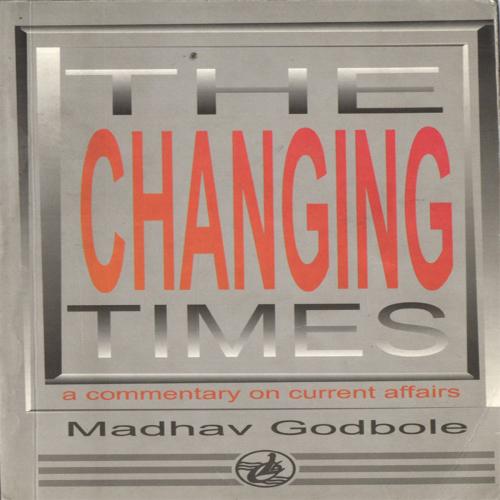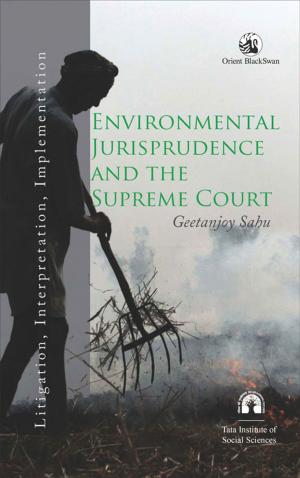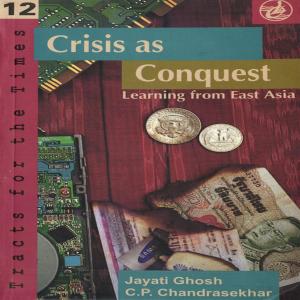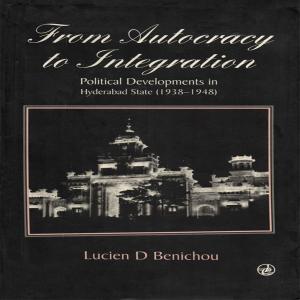| Author: | Madhav Godbole | ISBN: | 9789386392763 |
| Publisher: | Orient Blackswan Private Limited | Publication: | December 15, 2009 |
| Imprint: | Language: | English |
| Author: | Madhav Godbole |
| ISBN: | 9789386392763 |
| Publisher: | Orient Blackswan Private Limited |
| Publication: | December 15, 2009 |
| Imprint: | |
| Language: | English |
The book is a compilation of seventy-nine lead articles written by Dr Madhav Godbole and published in leading national newspapers, periodicals and journals between the middle of 1995 through 1997. Although newspaper articles are considered ephemeral, given that they comment on the immediate and the contemporary, the articles in this book are valuable for their political insight, their role in building public opinion and shaping the future course of events. They represent, in a sense, the country's history in the making. The articles have been arranged under seven thematic clusters: the governance of the country, the erosion of values and institutions, the weaker sections of society and human rights, the civil services, administrative reforms, economic reforms and issues in the power sector. Each section is preceded by an introduction that puts issues in perspective. The articles in each cluster are chronologically arranged so that issues are seen in the context of events as they unfolded. Reflecting the author's vast experience, knowledge and deep understanding, they should be useful reading for thinkers, social and political activists, legislators, administrators and anyone interested in understanding the intricacies of public issues.The book is distinguished by the author's wide, humanistic approach and readable, lucid style.
The book is a compilation of seventy-nine lead articles written by Dr Madhav Godbole and published in leading national newspapers, periodicals and journals between the middle of 1995 through 1997. Although newspaper articles are considered ephemeral, given that they comment on the immediate and the contemporary, the articles in this book are valuable for their political insight, their role in building public opinion and shaping the future course of events. They represent, in a sense, the country's history in the making. The articles have been arranged under seven thematic clusters: the governance of the country, the erosion of values and institutions, the weaker sections of society and human rights, the civil services, administrative reforms, economic reforms and issues in the power sector. Each section is preceded by an introduction that puts issues in perspective. The articles in each cluster are chronologically arranged so that issues are seen in the context of events as they unfolded. Reflecting the author's vast experience, knowledge and deep understanding, they should be useful reading for thinkers, social and political activists, legislators, administrators and anyone interested in understanding the intricacies of public issues.The book is distinguished by the author's wide, humanistic approach and readable, lucid style.















